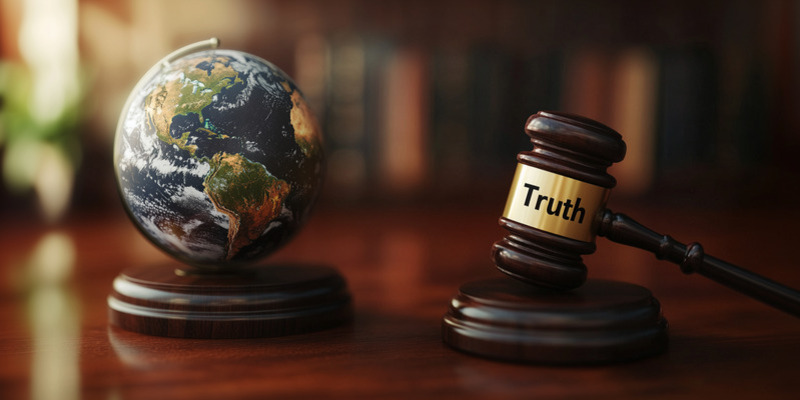
In the United States, truth serves as an absolute defense in defamation cases. This means that if a statement made about someone is true, it cannot be considered defamatory, regardless of its impact on the person's reputation. This principle is grounded in the First Amendment, which protects free speech and the press. As such, individuals can make true statements without fear of legal repercussions, even if those statements might harm someone's public image.
The Importance of Truth in U.S. Defamation Law
In the U.S., the legal system prioritizes the protection of truthful statements, recognizing the importance of transparency and honesty in public discourse. This protection extends to both private individuals and public figures, though public figures often face additional challenges in proving defamation due to the higher burden of demonstrating "actual malice" — that the statement was made with knowledge of its falsity or with reckless disregard for the truth.
Defamation Laws in Other Countries
However, not all countries follow this principle. For example, in South Korea, truth is not a guaranteed defense against defamation claims. Even if a statement is true, the individual making the statement can still be held liable if it damages another person's reputation. This reflects a cultural emphasis on protecting personal dignity and preventing harm to one's public image, even at the cost of suppressing true information.
Similarly, in Germany, defamation laws can be more restrictive. The German Criminal Code allows for the prosecution of individuals who make statements that harm someone's honor, even if the statements are true. This approach underscores a stronger emphasis on personal reputation and privacy.
In the United Kingdom and Australia, while truth is generally a defense, these countries also have more plaintiff-friendly defamation laws compared to the U.S. This has led to the phenomenon of "libel tourism," where individuals seek to file defamation cases in favorable jurisdictions.
Conclusion
Understanding the differences in defamation laws across countries is crucial, especially for those engaging in international business or media. While the U.S. prioritizes truth and free speech, other countries may prioritize protecting individual reputation and privacy. These variations highlight the complexities and nuances of defamation law globally.
All information provided on Silblawfirm.com (hereinafter "website") is provided for informational purposes only, and is not intended to be used for legal advice. Users of this website should not take any actions or refrain from taking any actions based upon content or information on this website. Users of this site should contact a licensed Texas attorney for a full and complete review of their legal issues.
